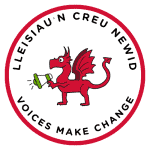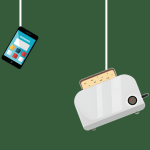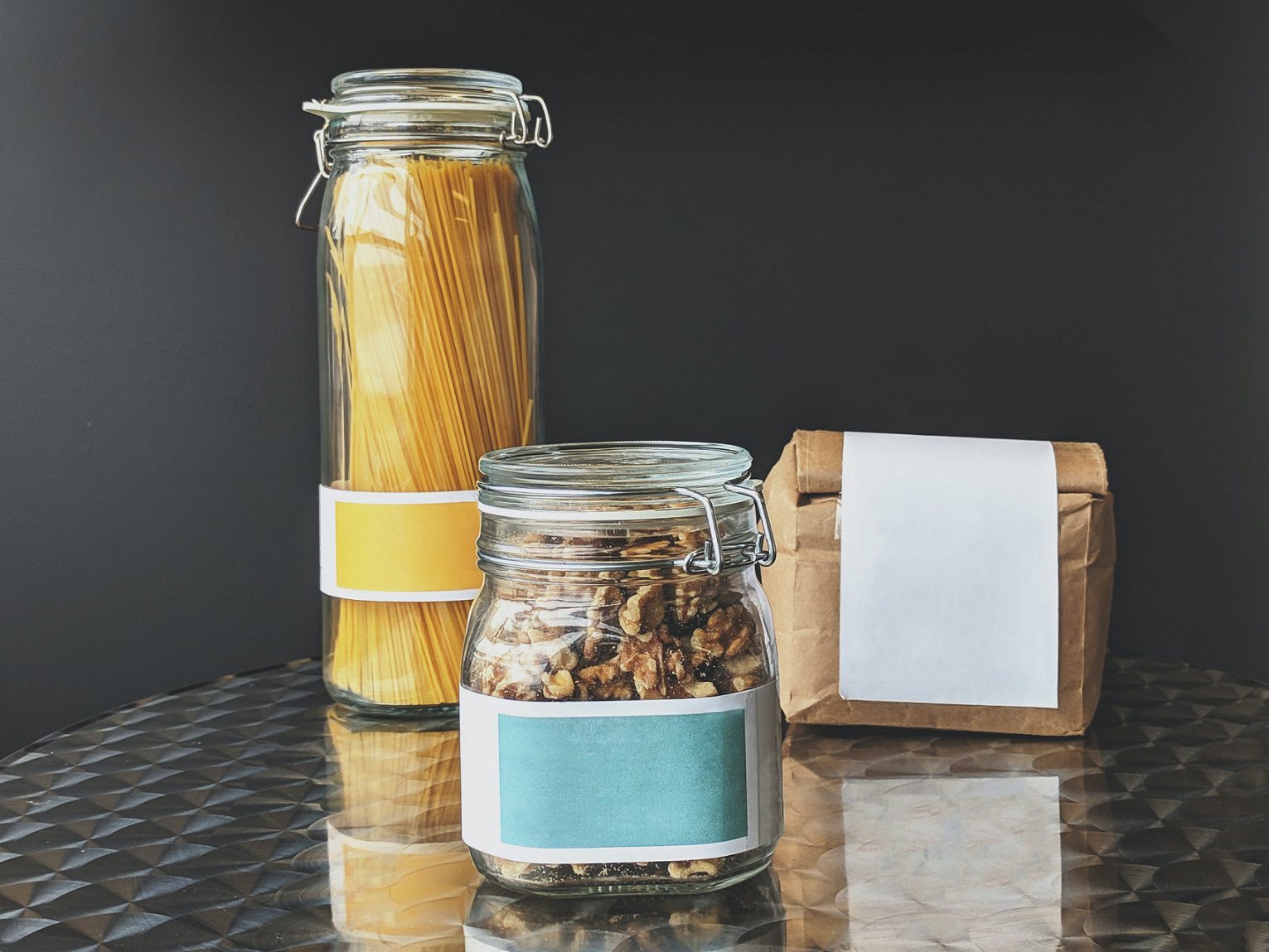Yesterday, we took you through the different ways food should be stored in your fridge, what to do with meat products, and which foods can be frozen and eaten at a later date. Didn’t see it first time round? You can catch up with Part 1 here.
In Part 2, we’re going to look at more of the ways to safely store food, to keep you healthy and avoid wasting food unnecessarily.
Get news and info from your local council – sign-up for email bulletins.
Storing dry food in containers
Many types of food don’t actually need to be kept in the fridge to keep them safe to eat. Examples of this include dry foods such as rice, pasta and flour, many types of drinks, tinned foods, and unopened jars, but you’ll still need to store them safely.
To store dry food safely:
- keep food in sealed bags or containers – this helps keep food fresh and stops anything falling into the food by accident
- don’t store food or drinks near cleaning products or other chemicals
- don’t store food in containers that have been used for other purposes
- only reuse undamaged plastic water bottles that you can clean
- don’t store food on the floor, because this can encourage mice, ants and other pests
- keep the storage area dry and not too warm
Tin cans
When you open a can of food and you’re not going to use all the food straight away, empty the food into a bowl, or another container, and put it in the fridge.
Don’t store food in an opened tin can, or re-use empty cans to cook or store food. This is because when a can has been opened and the food is open to the air, the tin from the can might transfer more quickly to the can’s contents.
This advice doesn’t apply to foods sold in cans that have resealable lids though, such as golden syrup and cocoa, because these types of food don’t react with the can.
Covering food with kitchen foil
Kitchen foil, which is made from aluminium, can be useful for wrapping and covering foods. But it’s best not to use foil or containers made from aluminium to store foods that are highly acidic, such as:
- tomatoes
- rhubarb
- cabbage
- soft fruit
Remember! You can recycle clean kitchen foil with aluminium cans.
Get to know your dates
Understanding the difference between ‘best before’ and ‘use by’ dates means you can avoid throwing away good food unnecessarily.
Best before is about quality. Food will be safe to eat after this date, but may no longer be at its best.
Use by is about safety, food shouldn’t be eaten, cooked or frozen after this date, as it could be unsafe- even if it looks and smells fine.
80% of people have thrown away food that was close to its use by date without realising they could freeze it and keep it for later. Remember, it’s safe to freeze food right up until the use by date!
Thanks for taking the time to read this information. Hopefully these tips will help you to get the most out of the food you buy.
[button color=”” size=”large” type=”square_outlined” target=”new” link=”https://public.govdelivery.com/accounts/UKWCBC/subscriber/new?topic_id=UKWCBC_5″]SIGN UP[/button]









